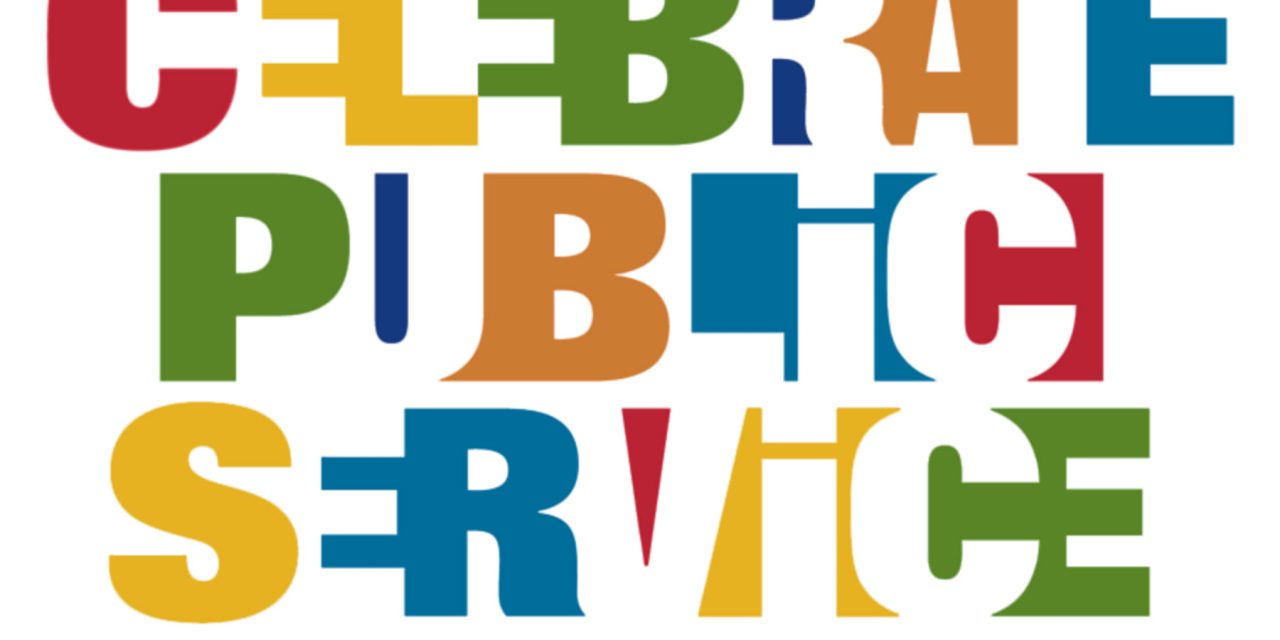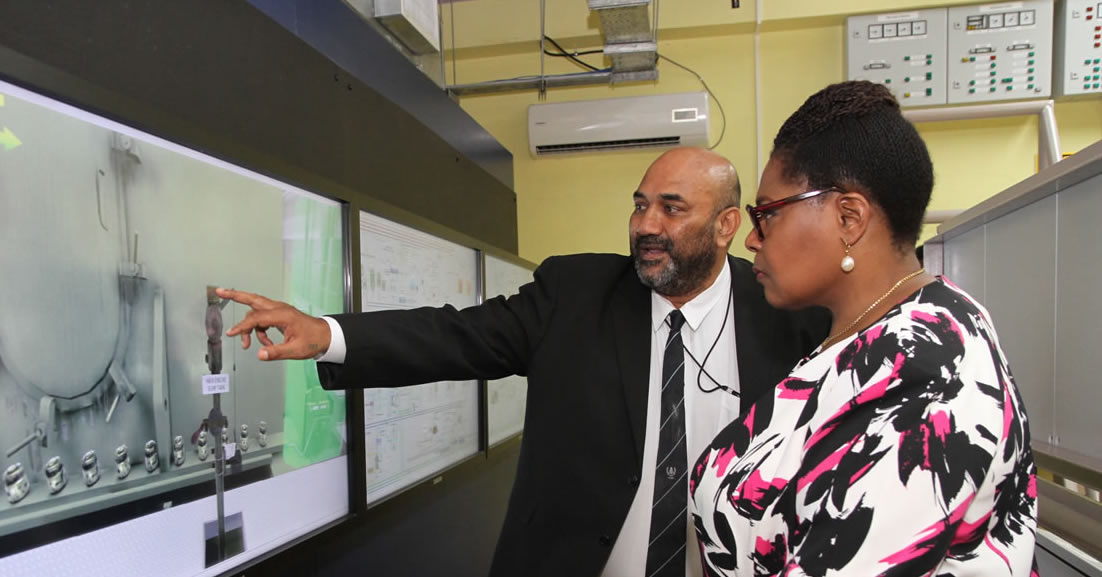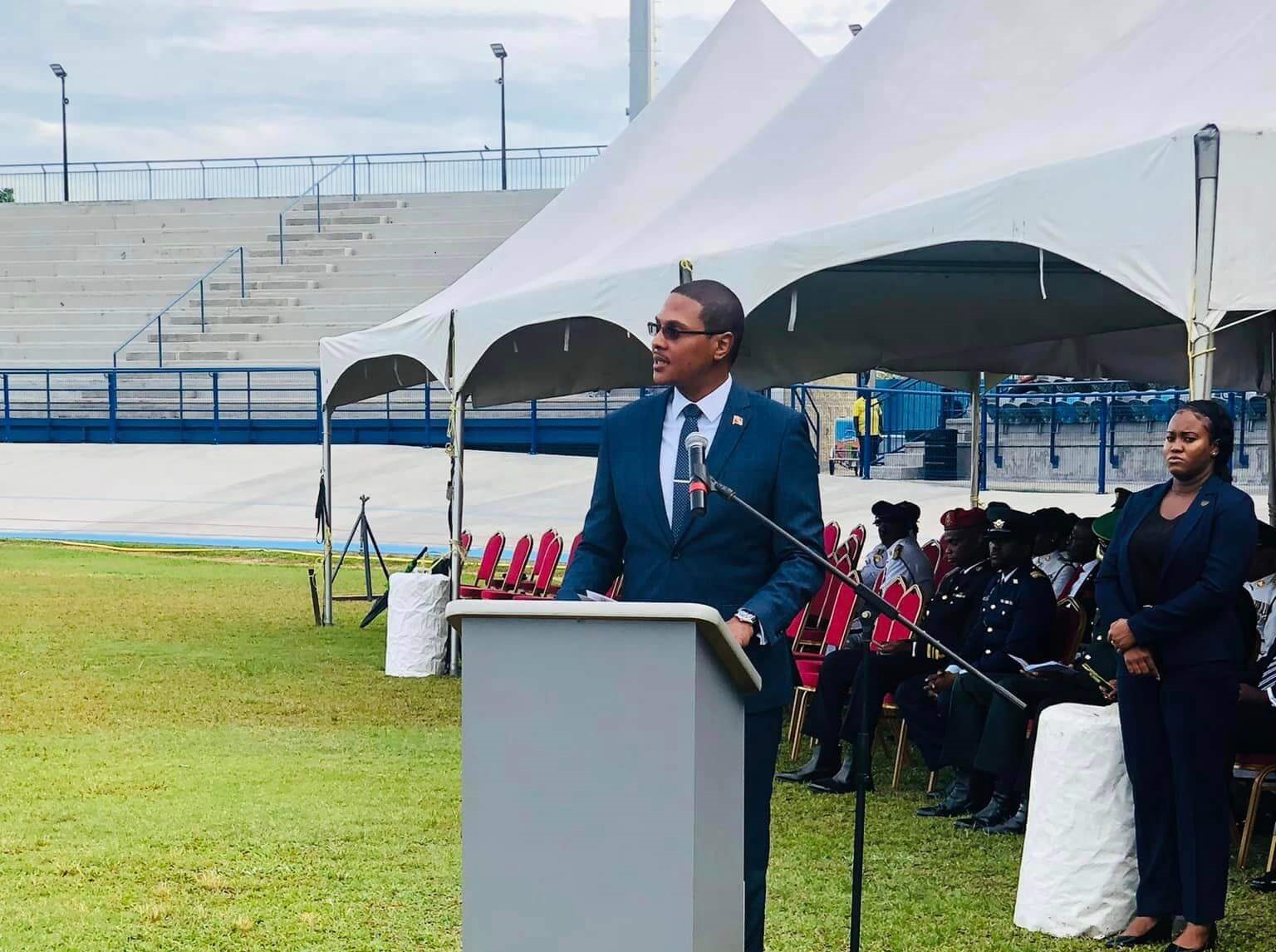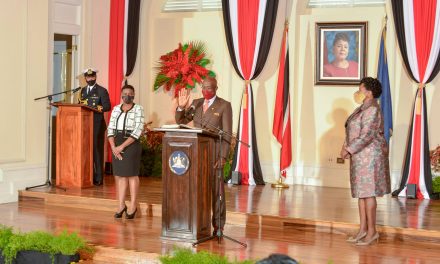Today, United Nations Public Service Day, we recognise and applaud those public servants, past and present, whose hard work, dedication and commitment have contributed to our national development and progress.
Over the last few months, public servants have played an integral role in Trinidad and Tobago’s proactive response to the COVID-19 pandemic. Some were at the frontlines, providing much-needed expertise, care and protection to those most directly affected by the disease, while others worked diligently in the background to minimise disruption of operations and ensure availability of critical social, financial and health services.
The need for continuity of public services, despite the measures that had to be implemented to slow the spread of the virus, pushed many government institutions to become more flexible and innovative in conducting their business. Citizens were able increasingly to access government services online, schedule visits to public offices or perform certain transactions over the phone.
This momentum must be sustained if the public sector is to keep pace with the diverse and shifting demands of society. Outdated ways of thinking and anachronistic processes have to give way permanently to modern and efficient systems that better serve the public. Technology can improve all levels of service delivery, but must be balanced with maintaining human interaction; this combination will ensure that citizens can enjoy the full range of services to which they are entitled.
In my capacity as a judge of The Inter-American Development Bank’s President’s Awards for Innovation and Service Excellence in the Public Sector, a competition that recognises public servants whose initiatives have had a positive and significant impact on the service industry, I gained a first-hand perspective on the potential for excellence on offer within our public service. The inventiveness, enthusiasm and determination of the participants were heartening and provided compelling evidence that once afforded the right environment, public servants could truly revolutionise the concept of service to the nation. I think it important to reiterate my remarks on the occasion of last year’s Awards ceremony, “[The public servants] looked at their landscape, identified the shortfalls and shortcomings, formulated strategies and plans to come to grips with them and, with limited resources, found ingenious ways to derive the desired outcome. Their standard of excellence is the norm to which all public servants should aspire.”
Public servants are, by and large, a willing workforce and should be compensated fairly, trained continually and provided with safe and healthy working conditions. Above all, they must be guided by competent and accountable leaders who encourage innovation and champion the visions of others. Those who head our various departments and divisions must lead by example, setting the tone for commitment, integrity and productivity. As first public servant, I remind the cohort that it is an honour to serve our country and that citizens depend on us to deliver services in an efficient, timely and respectful manner.
On behalf of us all, I thank those public servants whose herculean efforts helped the nation weather the COVID-19 storm and look forward to the continued development of a modern, customer-focussed, transparent and productive public sector.







